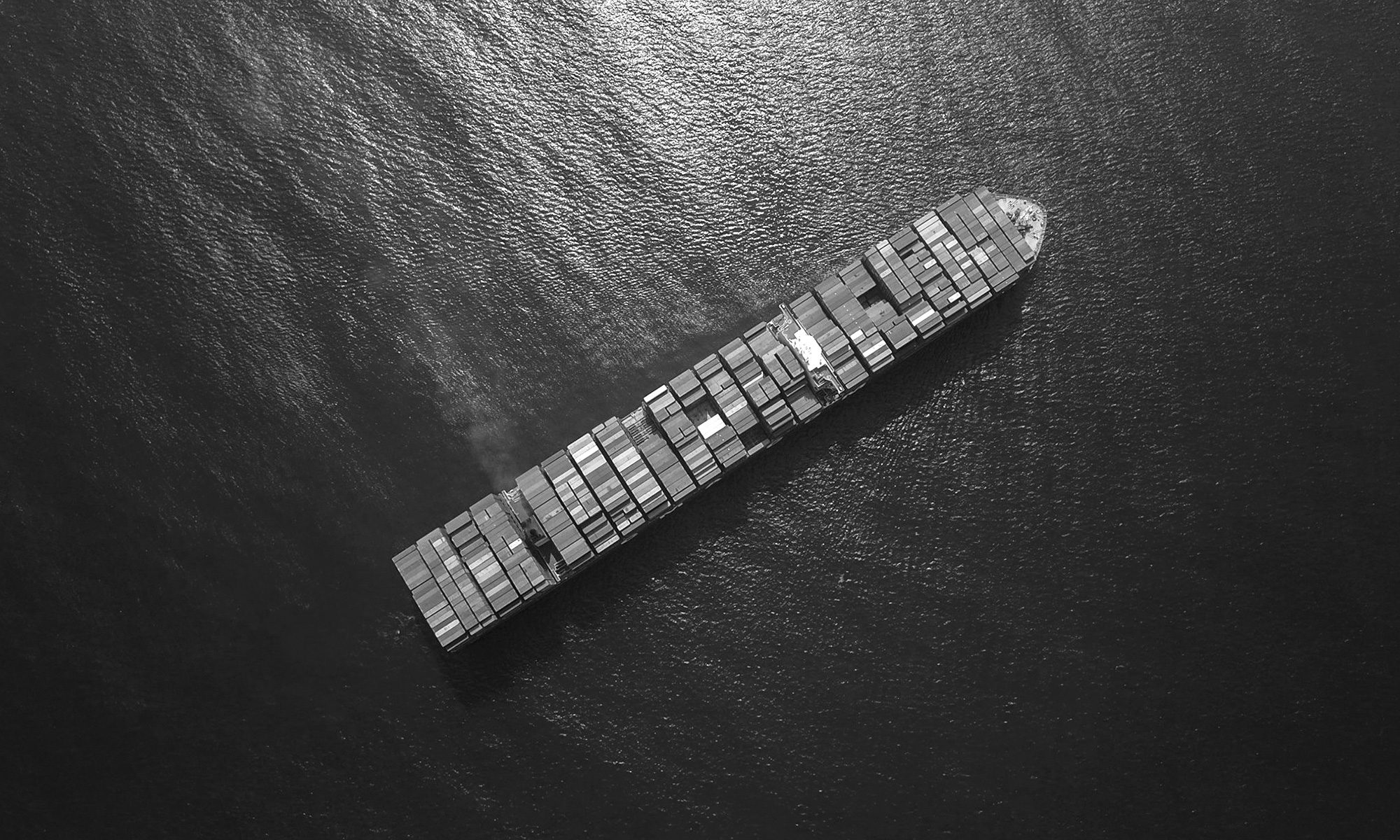Development of train capacity utilization concept for the Clusters 2.0 Horizon 2020 project which will affect the Scandinavian-Mediterranean corridor
Wilhelm Borchert was tasked to advise and support Trelleborg port in their Clusters 2.0 Horizon 2020 project. The goal was to find an Information and Communications Technology (ICT) system which would allow them to increase the rail freight/ intermodal transport share by train and better utilize the existing train tracks/ paths and train capacities at the port. The project intends to connect different stakeholders within the transport industry through the use of a common ICT tool.
The support Wilhelm Borchert offered to the project started with the review of the EU projects which had similarities to the goals. The projects that were researched included Horizon 2020 projects, TEN-T and CEF-T projects. Wilhelm Borchert also researched how the airline industry coordinates its booking systems as a best practice example. The relevant European Railway information technology legislation and framework was also studied to see how it would affect the project or govern a new direction for the project.
Wilhelm Borchert supported in the fulfilment of the project’s obligations such as deliverables needed as part of the wider Clusters 2.0 project and at the same time helped to conceptualize how they should approach the development of their ICT train capacity booking system.
This project is of considerable importance since train freight transport is an environmentally friendly way of transporting freight over long distances. The project would therefore support the efforts to reach the requirements set by the Paris Agreement and the Swedish government defined long-term target of 70% reduction in Green House Gas emissions.
It is expected that this project will have a strong impact of stakeholder within Finland, Sweden, Germany, Switzerland, Austria and Italy.
